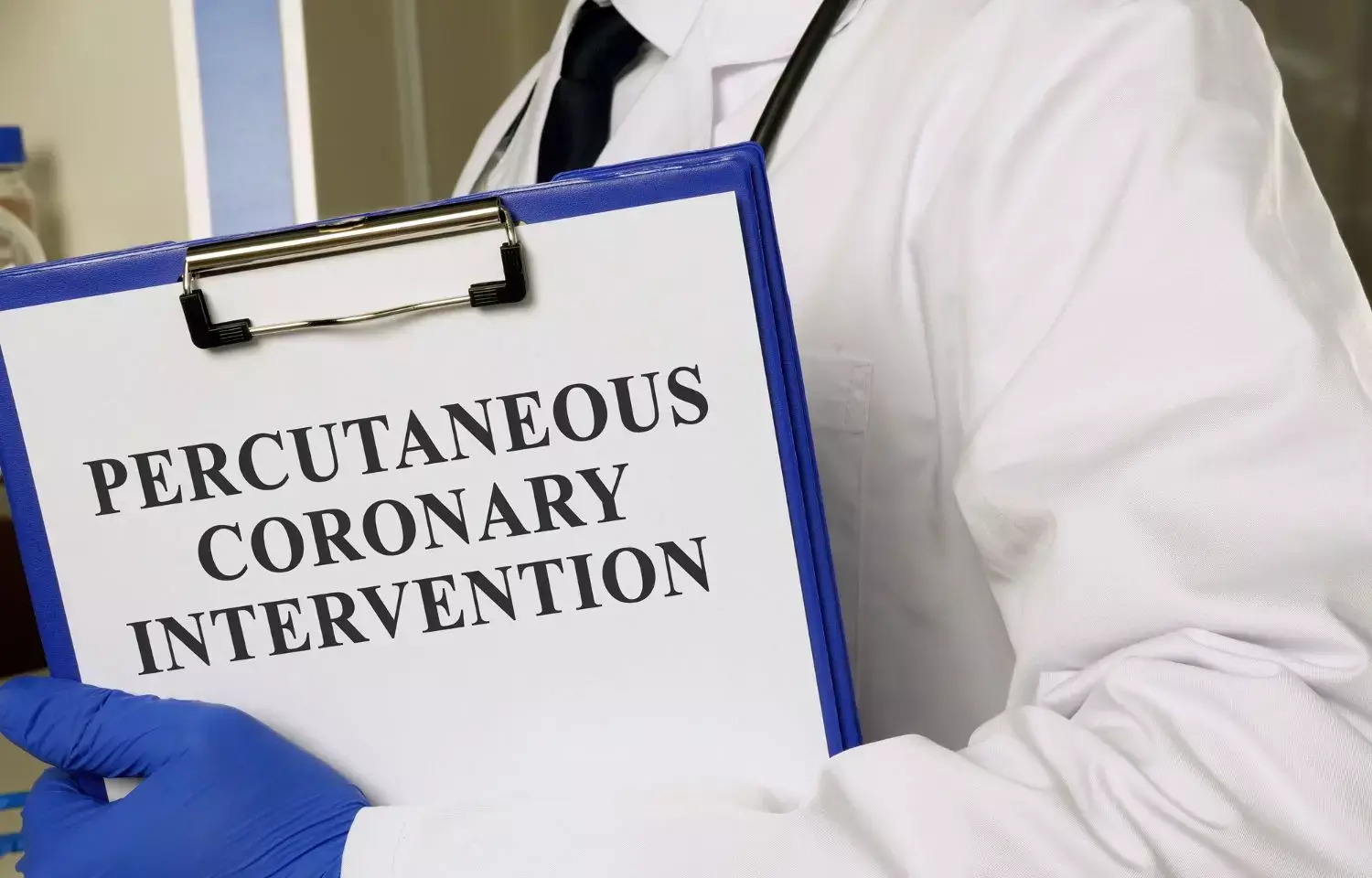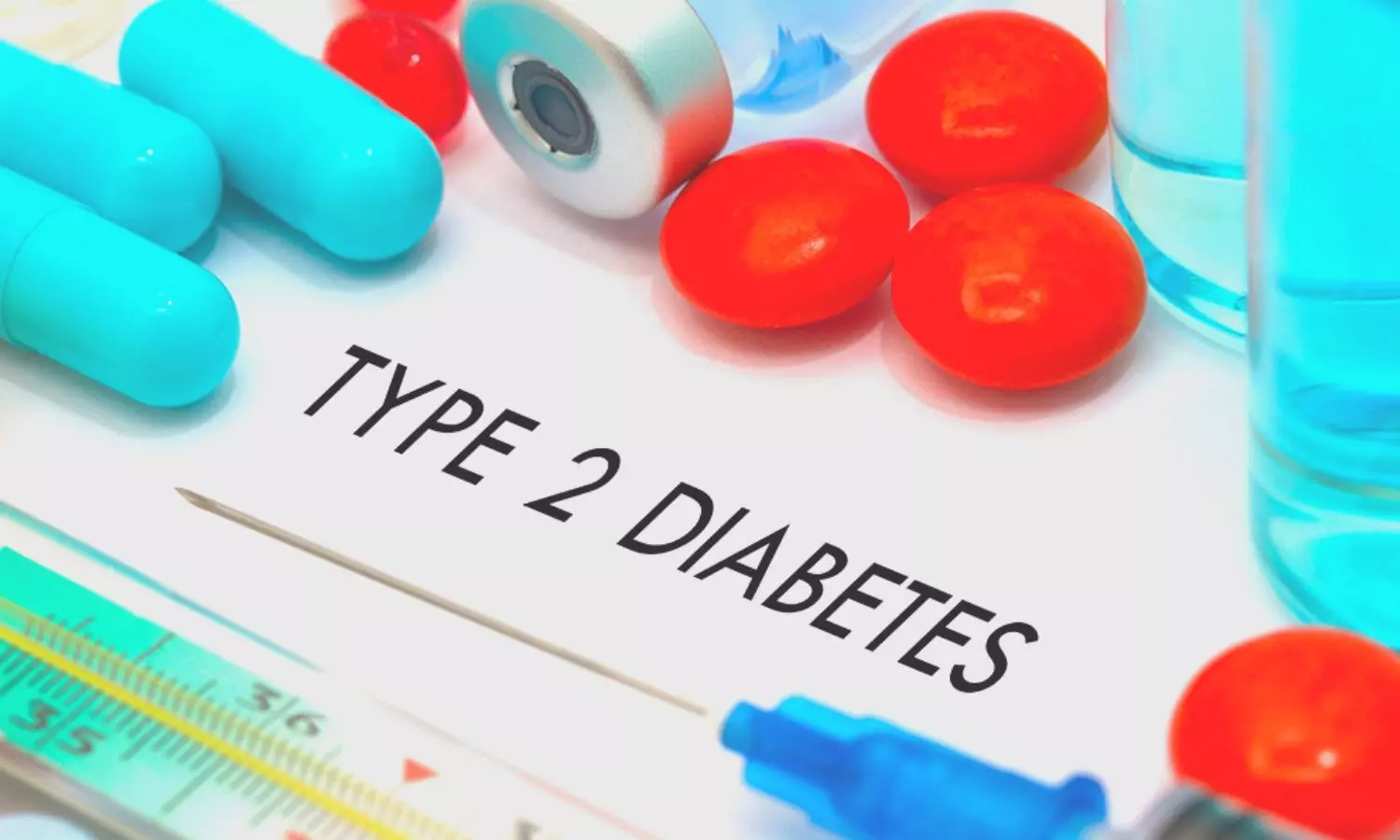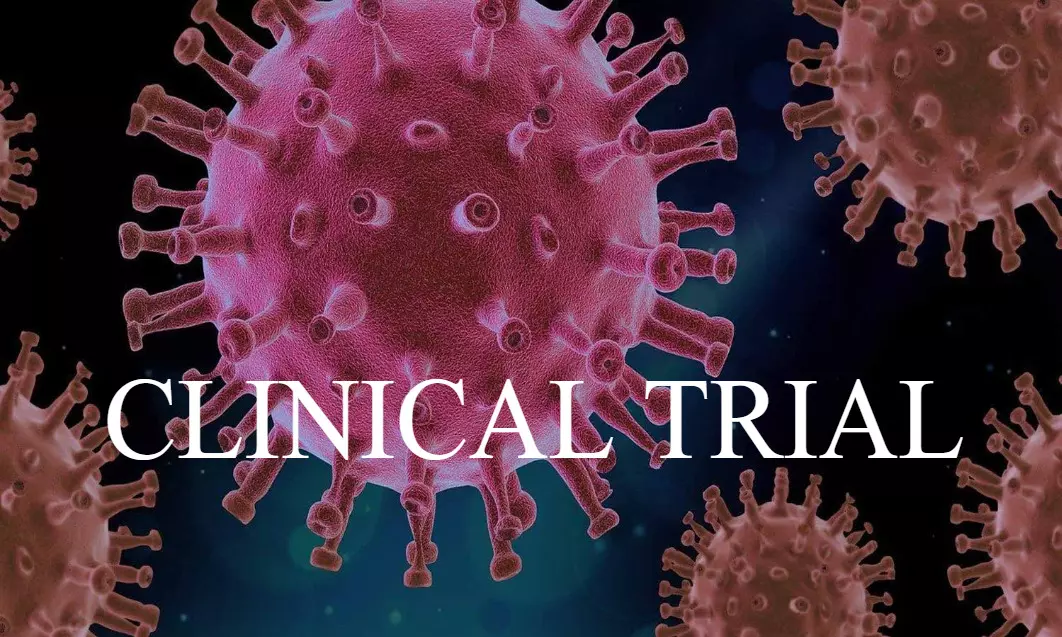- Home
- Medical news & Guidelines
- Anesthesiology
- Cardiology and CTVS
- Critical Care
- Dentistry
- Dermatology
- Diabetes and Endocrinology
- ENT
- Gastroenterology
- Medicine
- Nephrology
- Neurology
- Obstretics-Gynaecology
- Oncology
- Ophthalmology
- Orthopaedics
- Pediatrics-Neonatology
- Psychiatry
- Pulmonology
- Radiology
- Surgery
- Urology
- Laboratory Medicine
- Diet
- Nursing
- Paramedical
- Physiotherapy
- Health news
- Fact Check
- Bone Health Fact Check
- Brain Health Fact Check
- Cancer Related Fact Check
- Child Care Fact Check
- Dental and oral health fact check
- Diabetes and metabolic health fact check
- Diet and Nutrition Fact Check
- Eye and ENT Care Fact Check
- Fitness fact check
- Gut health fact check
- Heart health fact check
- Kidney health fact check
- Medical education fact check
- Men's health fact check
- Respiratory fact check
- Skin and hair care fact check
- Vaccine and Immunization fact check
- Women's health fact check
- AYUSH
- State News
- Andaman and Nicobar Islands
- Andhra Pradesh
- Arunachal Pradesh
- Assam
- Bihar
- Chandigarh
- Chattisgarh
- Dadra and Nagar Haveli
- Daman and Diu
- Delhi
- Goa
- Gujarat
- Haryana
- Himachal Pradesh
- Jammu & Kashmir
- Jharkhand
- Karnataka
- Kerala
- Ladakh
- Lakshadweep
- Madhya Pradesh
- Maharashtra
- Manipur
- Meghalaya
- Mizoram
- Nagaland
- Odisha
- Puducherry
- Punjab
- Rajasthan
- Sikkim
- Tamil Nadu
- Telangana
- Tripura
- Uttar Pradesh
- Uttrakhand
- West Bengal
- Medical Education
- Industry
Multivessel disease and retrograde approach tied to PCI-related myocardial injury in chronic total occlusion

A recent study found that the presence of procedural complications, having multivessel artery disease, using a retrograde approach increases the incidence of Periprocedural myocardial injury in chronic total occlusion undergoing percutaneous coronary intervention. The study was published in the journal BMC Cardiovascular Diseases.
Major adverse cardiovascular events (MACE) are linked to periprocedural myocardial injury (PMI) following percutaneous coronary intervention (PCI). As there is not much data on the incidence predictors and prognosis of PMI in chronic total occlusion (CTO) undergoing PCI, researchers have conducted a prospective study to evaluate the same.
132 individuals were enrolled and 8 of the totals with procedural failure were excluded from the study. Finally, a total of 124 CTO patients who successfully received PCI were included in the study. According to the cardiac troponin, I levels measured after the procedure, participants were divided into the PMI group having 42 patients, and the non-PMI group having 82 patients. A comparison of the baseline and angiographic characteristics of the two groups were done. The predictors of PMI and the correlation between PMI and MACE were investigated.
Results:
- PMI occurred in 42 patients in total (33.9%).
- PMI group had more diabetes (54.8% vs. 31.7%, P = 0.013) and dyslipidemia (54.8% vs. 13.4%, P<0.001) when compared with the control group.
- Significant differences were found between the two groups in left ventricular ejection fraction, prior myocardial infarction, prior PCI, and prior CABG.
- More calcified lesions were found in patients with PMI and were more likely to have the multivessel disease.
- Patients in the PMI group had higher J-CTO scores and were more likely to have wire-crossing difficulties, require more use of retrograde approach, and have more procedural complications.
- Multivessel artery disease, retrograde approach, and the presence of procedural complications were predictors of PMI as seen in the multivariate analysis.
This study shows a 33.9% incidence of PMI in CTO patients after PCI and also the predictors of PMI after CTO-PCI. Patients who develop PMI tend to have a poorer clinical prognosis and more MACE than those who do not develop PMI.
Further reading: Kong, T., Dai, X., Luan, B. et al. Predictors and prognosis of PCI-related myocardial injury in chronic total occlusion. BMC Cardiovasc Disord 22, 454 (2022). https://doi.org/10.1186/s12872-022-02887-0
BDS, MDS
Dr.Niharika Harsha B (BDS,MDS) completed her BDS from Govt Dental College, Hyderabad and MDS from Dr.NTR University of health sciences(Now Kaloji Rao University). She has 4 years of private dental practice and worked for 2 years as Consultant Oral Radiologist at a Dental Imaging Centre in Hyderabad. She worked as Research Assistant and scientific writer in the development of Oral Anti cancer screening device with her seniors. She has a deep intriguing wish in writing highly engaging, captivating and informative medical content for a wider audience. She can be contacted at editorial@medicaldialogues.in.
Dr Kamal Kant Kohli-MBBS, DTCD- a chest specialist with more than 30 years of practice and a flair for writing clinical articles, Dr Kamal Kant Kohli joined Medical Dialogues as a Chief Editor of Medical News. Besides writing articles, as an editor, he proofreads and verifies all the medical content published on Medical Dialogues including those coming from journals, studies,medical conferences,guidelines etc. Email: drkohli@medicaldialogues.in. Contact no. 011-43720751




